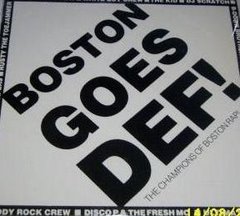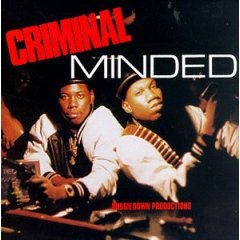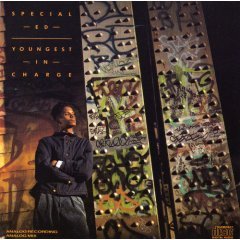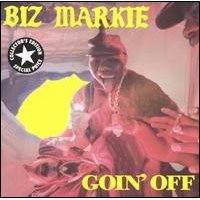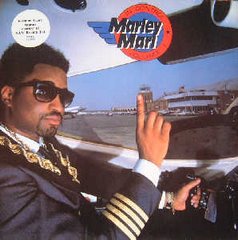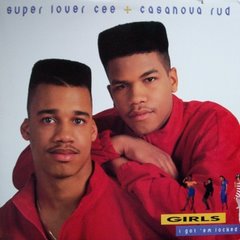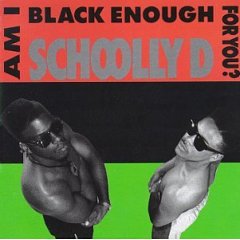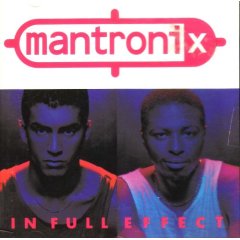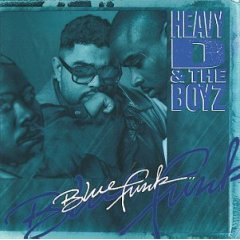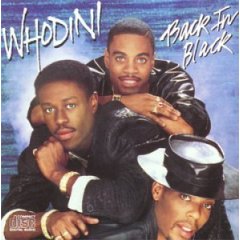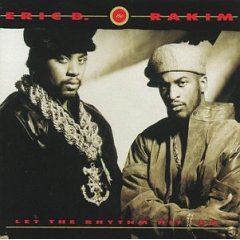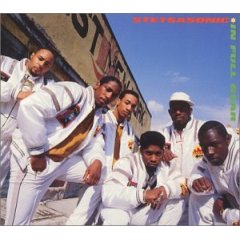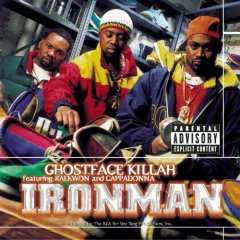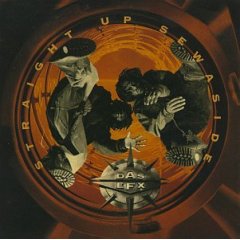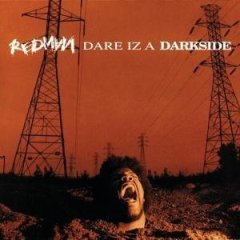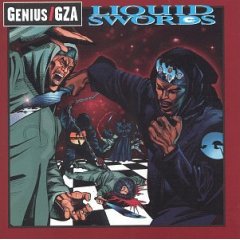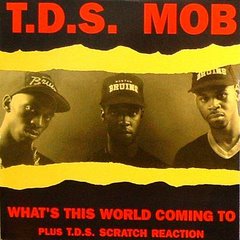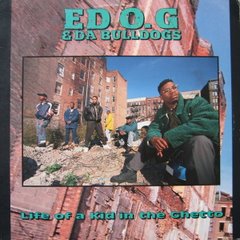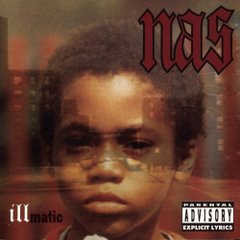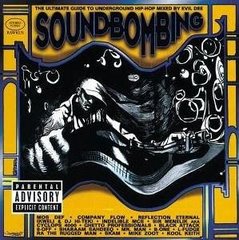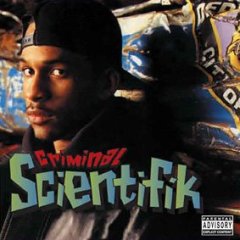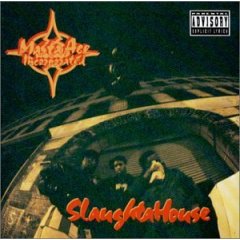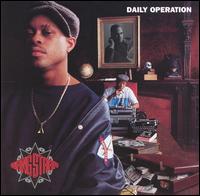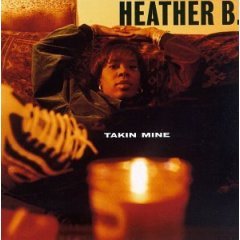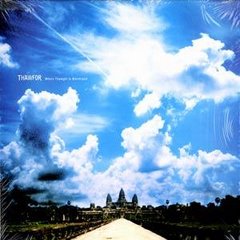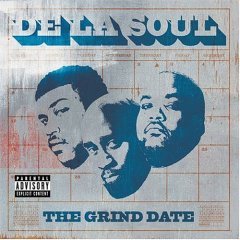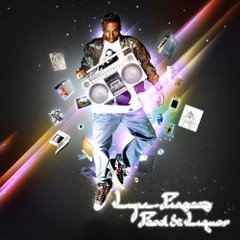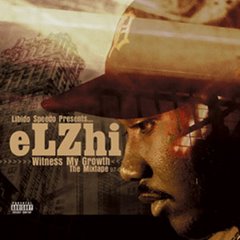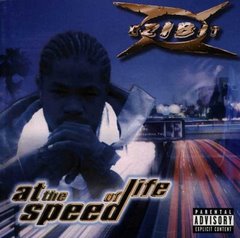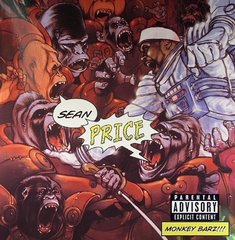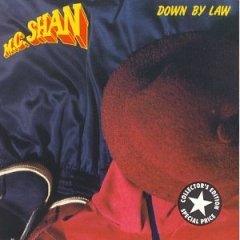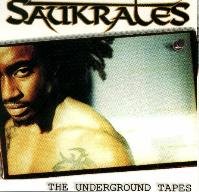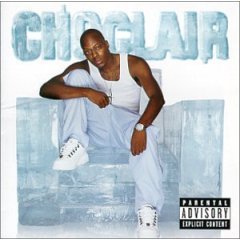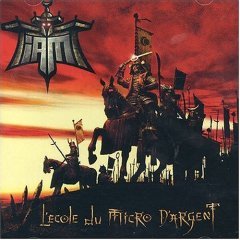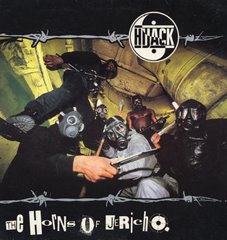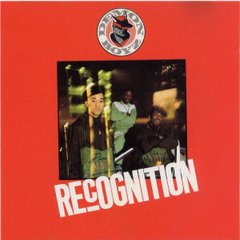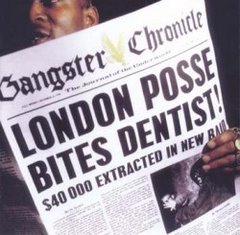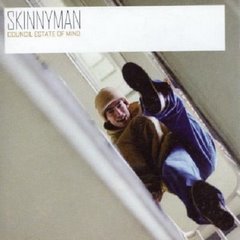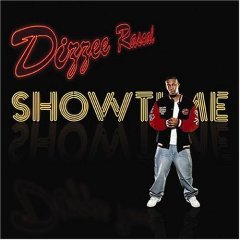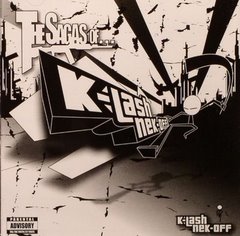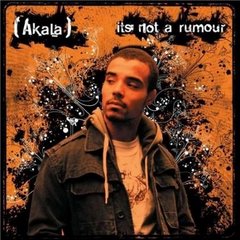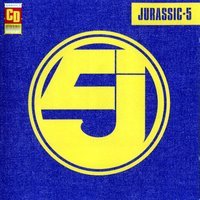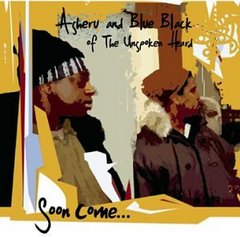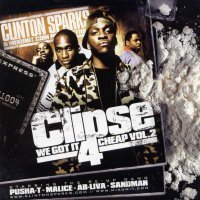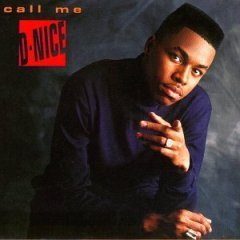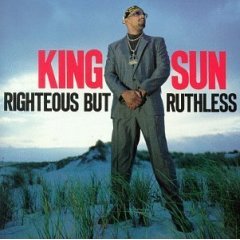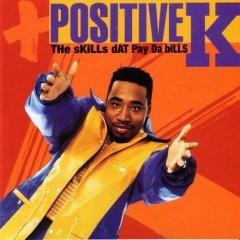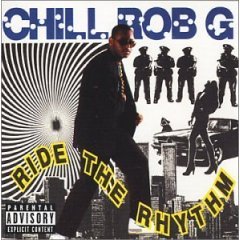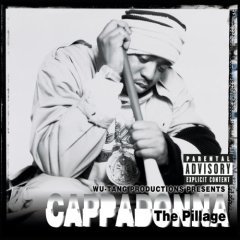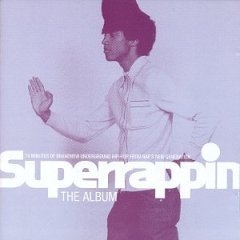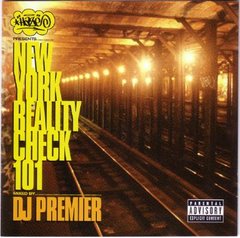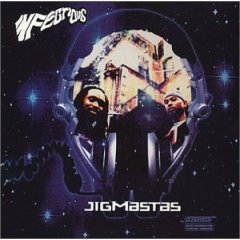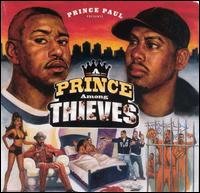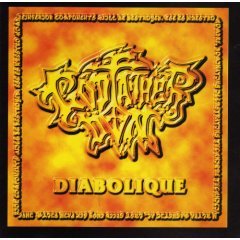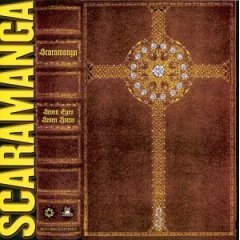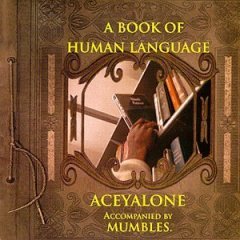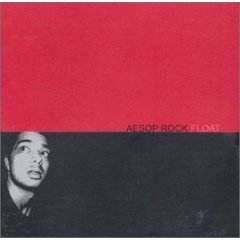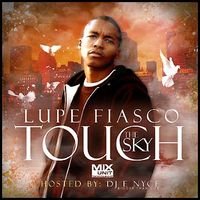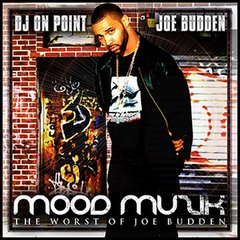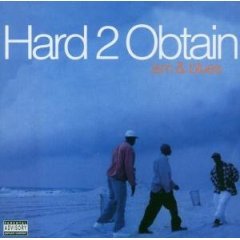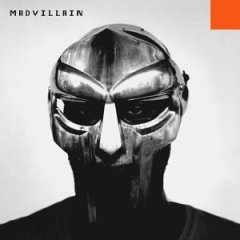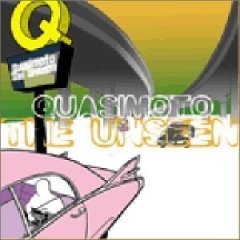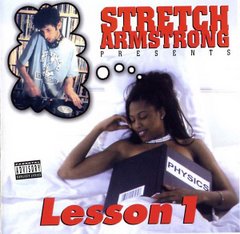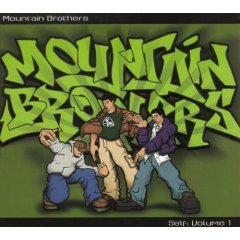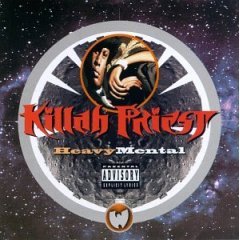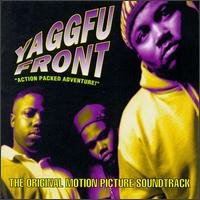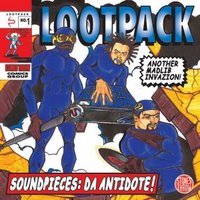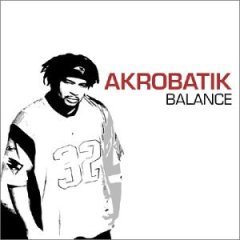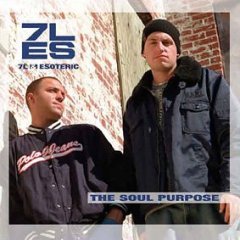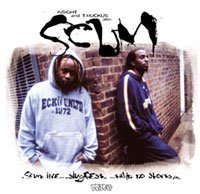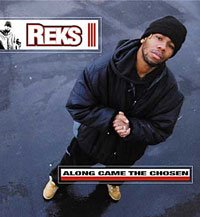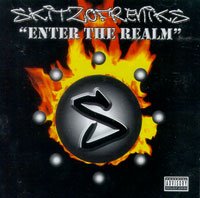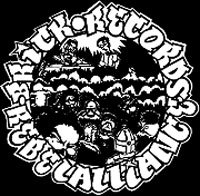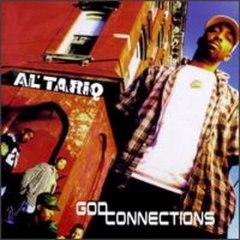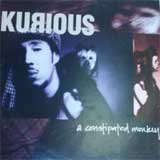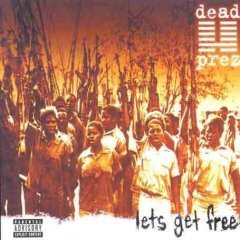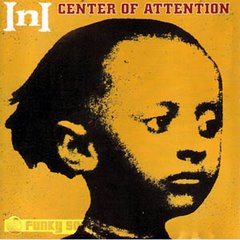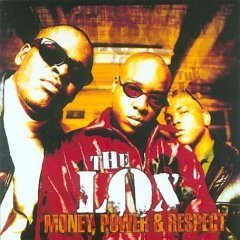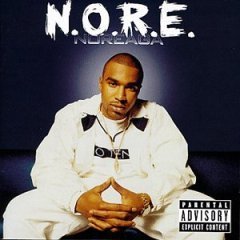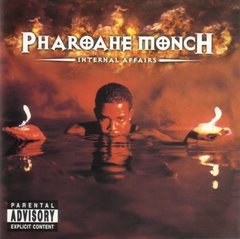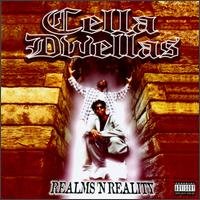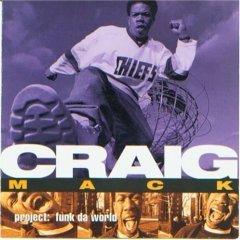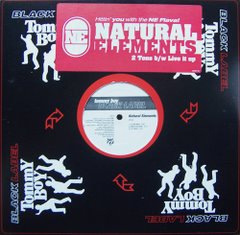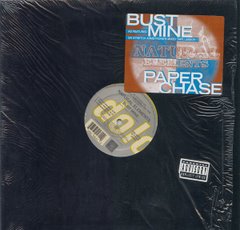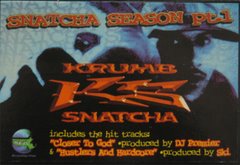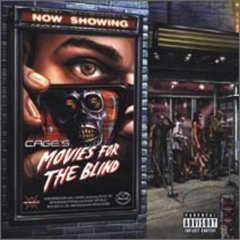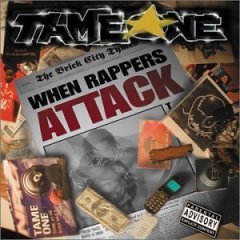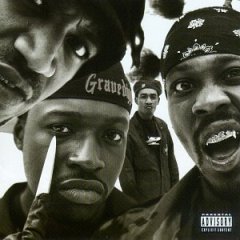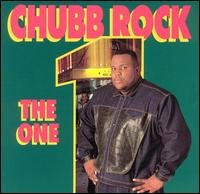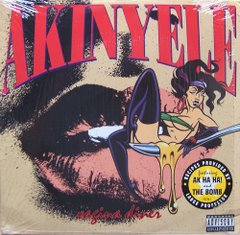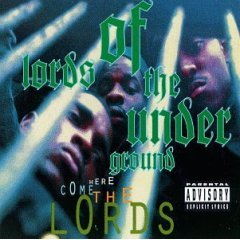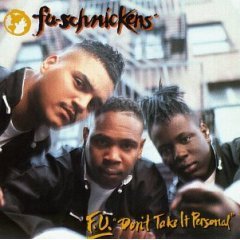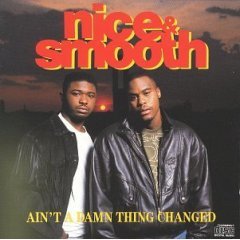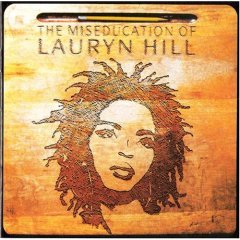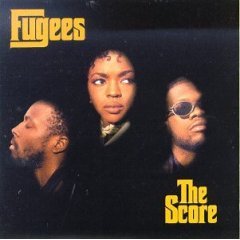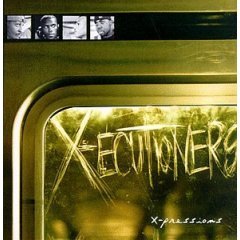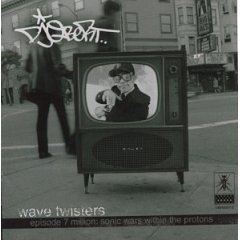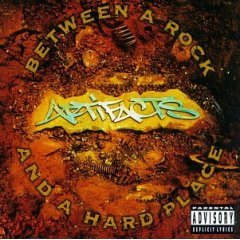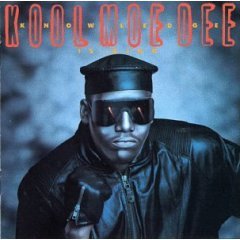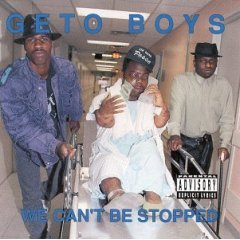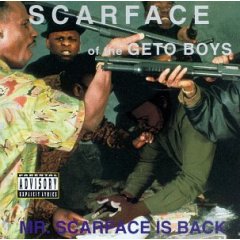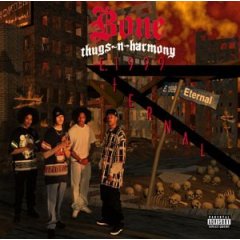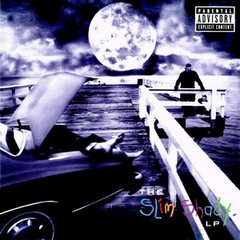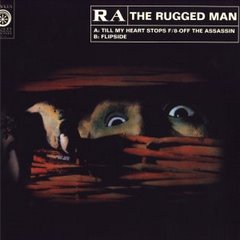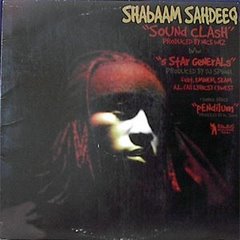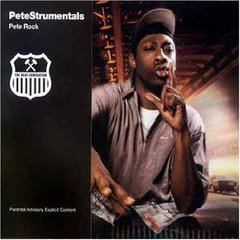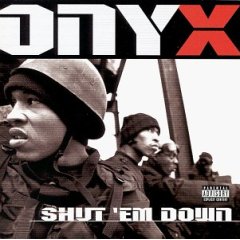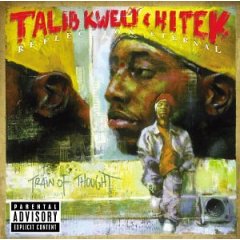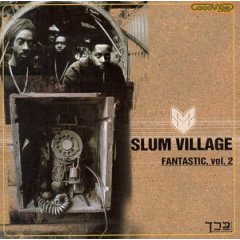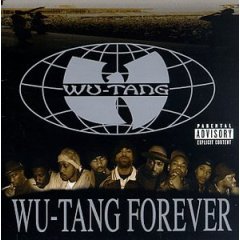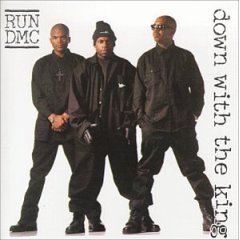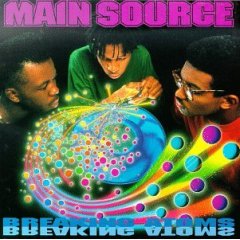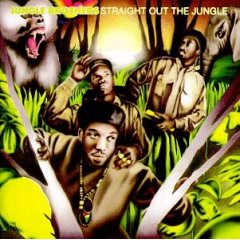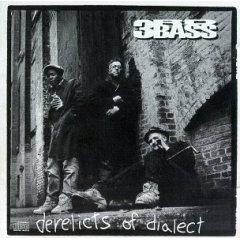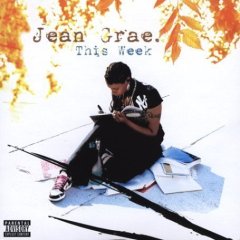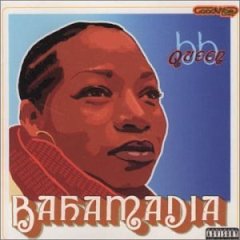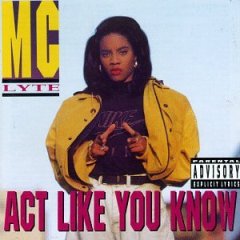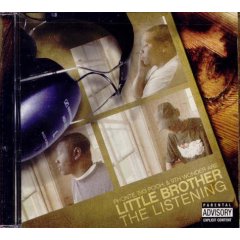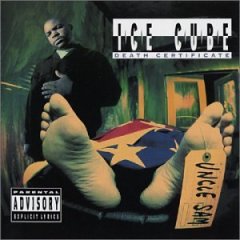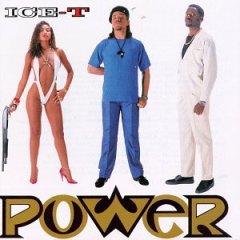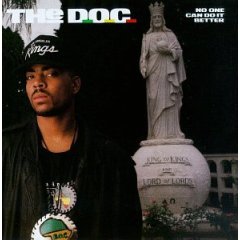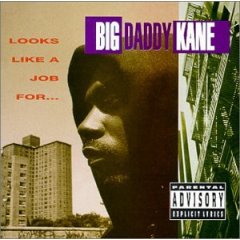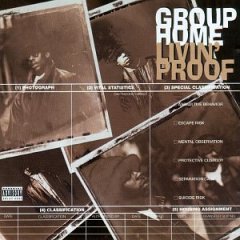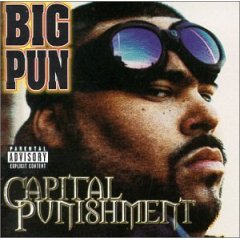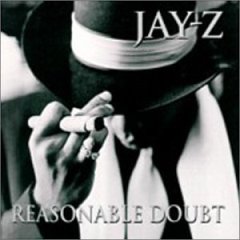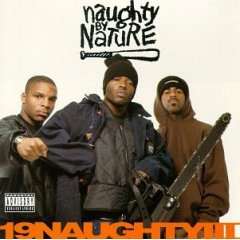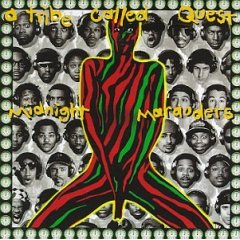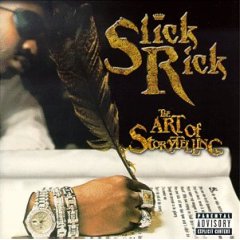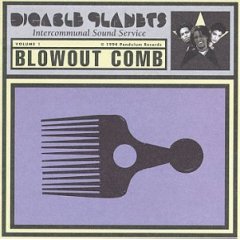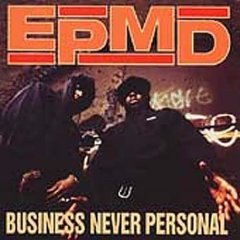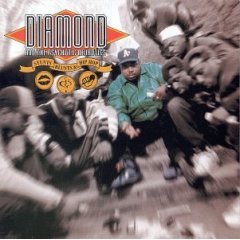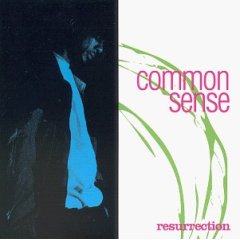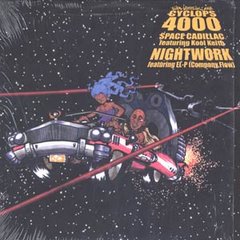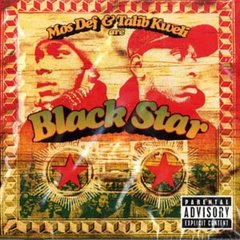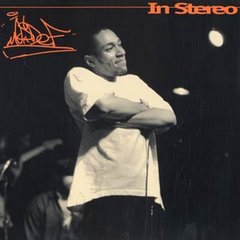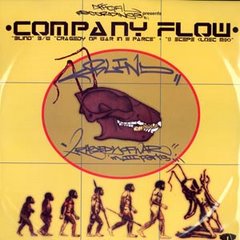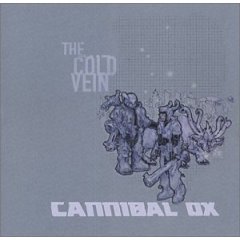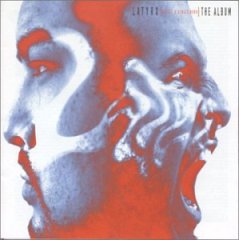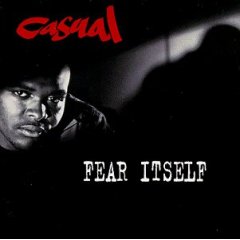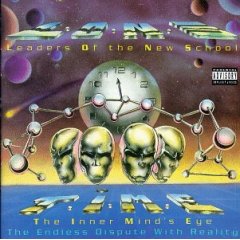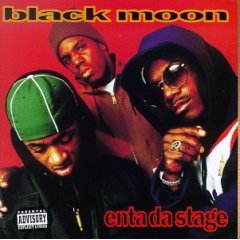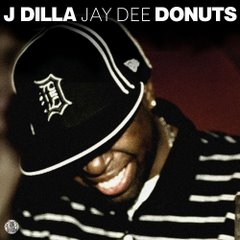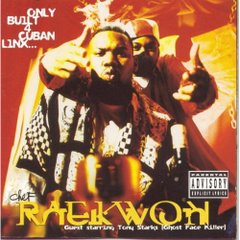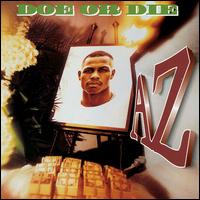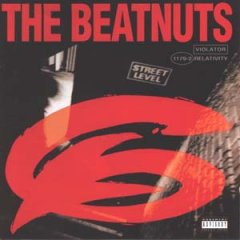Let us begin....at the beginning. There was a time when if you didn't at least make a effort to speak about issues or put a conscious cut on your album you were clowned incessantly (Ask LL Cool J or any kid that rocked in African medallion back in the day for the same reason). At one point being afrocentric or conscious was mainstream. That changed over time and we entered the 90s. 1990 was a transition year and hip hop was searching for a new direction. 1991 brought that direction, style and a bunch of new talent to the forefront (along with mad classic albums). Everything fell into place the following year, though.
After 1991 brought the hip hop world a new influx of hip hop groups, style changes and classic albums, 1992 turned into what was called The Year Of The Underground by most hip hop publications (especially The Source). That year Das Efx, Redman, EPMD, Dr. Dre, Snoop Dogg, Pete Rock & C.L. Smooth, Black Sheep, The UMCs, Fu-Schnickens, Cypress Hill, House Of Pain, Del The Funkee Homosapien, Mobb Deep, UGK, Common, 2Pac, Diamond, The Pharcyde, etc. all came out and either did big numbers, made a classic LP/single and/or dominated the charts...plus, they all were different.
Some were super lyrical, some just spit party rhymes. They were diverse in their styles and influences, some wore crazy ass clothes, others rocked work gear, hoodies, BDUs and Timberlands most of the time...some rhymed about space age shit and others came up with straight up street tales, others spit battle rhymes. It didn't matter what approach they took to the music or where they were from....they were all regarded as hip hoppers/rappers....oh yeah, a lot of them often rocked backpacks.
Whether it was Grand Puba (who popularized the look in his lead single and video for his 1st solo LP "Reel To Reel"), Leaders Of The New School, Das Efx, Black Sheep, Redman, Black Moon, Ruff House Survivers (who had a single called Check Da Backpack), Mobb Deep or Onyx, heads used to rock backpacks from the corniest to the grimiest. You could keep all your shit in 'em! Your rhyme book, your black book (for graf), your contact information, your weed, guns, knives, pens, money, whatever! Rockin' a backpack wasn't an issue at all...Hip Hop also began invading the mainstream, moving units and becoming more and more popular with the youth across the board (Mostly industry fallout due to the crossover appeal of Dr. Dre's dominant release "The Chronic Album").
It began seeping into MTV's regular video rotation and taking spins away from rock videos, eventually MTV began to mix urban music videos in with their regular rotation of mostly rock music due to the surging popularity of Yo! MTV Raps. Hip Hop was on the rise creatively, musically and influence wise. 1992 also kicked off what would be later regarded as the Second Golden Age Of Hip Hop....it would last until 1996...What does tall of this shit have to do with backpackers now? I'm getting there!
In 1993, Wu Tang Clan (RZA, GZA, Ol Dirty Bastard, Raekwon The Chef, Ghostface Killah, U God, Masta Killa, Inspectah Deck, & Method Man), Boot Camp Click (Black Moon, Smif N Wessun, Heltah Skeltah & O.G.C.), Tha Alkaholiks and the Likwit Crew (King Tee, Lootpack (Madlib, Wildchild & DJ Romes) and Defari), Hieroglyphics Crew (Del The Funkee Homosapien, Souls Of Mischief, Extra Prolific, and Casual), The Beatnuts, Onyx, E-40, Snoop Dogg and The Roots all hit the hip hop scene hard. These names are legendary in the hip hop industry now and are extremely influential even to this day. A long ass list of seminal hip hop albums and classic releases was to come over the next 4 or 5 years so I'll skip around liberally.
In 1994, Notorious B.I.G.'s "Ready To Die", Nas' "Illmatic", Jeru Tha Damaja's "The Sun Rises In The East", OutKast's "Southernplayalisticadillacmusik", and Bone Thugs N Harmony's "Creepin On A Come Up" EP were all released. In 1995, Mobb Deep released "The Infamous", The Dogg Pound's "Dog Food " dropped, Raekwon released "Only Built 4 Cuban Linx" and GZA released "Liquid Swords". In 1996, Jay-Z released "Reasonable Doubt" while Ghostface Killah's "Ironman", Busta Rhymes "The Coming", Lil Kim's "Hard Core" and The Fugees' "The Score" dropped...
The radio was playing all of these artists' material and their videos were getting burn on MTV and BET. The South wasn't represented very well in the mainstream and on the radio...weirder still, Southern artists were moving more units INDEPENDENTLY and properly using their channels of distribution and marketing QUIETLY FOR YEARS! A Southern rapper/group could sell 100,000-300,000 by word of mouth, shows and creating a buzz so large that it locked down whole regions of the country....no videos, little or no radio airplay. The thing was that while Hip Hop was extremely inventive, ground breaking and influential to pop culture...IT WASN'T SELLING VERY WELL. If you think I'm joking go find a list of classic Hip Hop albums from 1986-1996 and look up how many units they sold. I was shocked to find out that albums like K-Solos classic LP "Tell The World My Name" from 1990 only sold 81,000+ units! This album had 2 major hits and 3 singles, Spellbound, Your Moms Is In My Business and Fugitive.
If you continue to check on the sales figures of some of the most lauded and universally loved rap/hip hop albums you be shocked to find out that between 90-95% of them caught a brick (which is why they can be found on blogs all over the internet because they're out of print)! Right around the end of 1996, the industry had to go into a different direction or there would be trouble for the music industry...or so they say.
In 1996, the Telecommunications Act was passed. This allowed larger companies to go and buy independent radio stations and put them under their umbrella. The companies that benefited the most from this were Emmis Communications and Clearchannel. Soon there were chain radio stations in effect across the country. Next, record labels began to trim the fat and whole labels folded and several acts that were prominent before 1996 either became dropped from their labels or they experienced diminished roles of importance in the industry. Artists such as Large Professor, who was signed by Geffen years before and was seen as a landmark signing at the time...until they realized that he wasn't ever going to move a lot of units...they shelved his album and released him from his deal immediately. Right around this time a division in the industry began to happen...by 1997, it would be completed.
The division was mainly between the normally underground/gutter/grimy and conscious hip hop heads and the artists that rhymed about material wealth and the like. A rift had already formed between artist such as Notorious B.I.G. and members of the Bad Boy camp or associates of B.I.G. and Jeru Tha Damaja, O.G.C. and even Ghostface Killah, Raekwon and Nas. Jay-Z dropped Reasonable Doubt and made rhyming about wealth, extravagance and hustling seem so fly that between B.I.G. and Jay Z, they spawned a LEGION OF BITERS!!! None of them took into account that Jay-Z and B.I.G. were two of the greatest lyricists of all times and that attributed to the music being so appealing...they figured If I name drop Gucci, Versace, Donna Karan, DKNY, etc. and rhyme about selling crack, I'll BLOW UP!
On the other side of things, 2Pac, who first burst on the scene with Digital Underground and dropped his first album "2Pacalypse Now" back in 1992 (check the sales numbers!) had become a veritable superstar in his own right. He dropped "Strictly For My N.I.G.G.A.Z" in 1993 before being incarcerated and was released to drop the double album "Me Against The World " to huge sales and much fanfare. The same went for his next album "All Eyez On Me". 2Pac had a SERIOUS beef with B.I.G. (that involved factors other than just music...even though he admitted to using it to move more units to some journalists such as Danyel Smith and Dream Hampton. 2Pac was a giant in the industry as was B.I.G...his sophomore album was set to come out as well as Bad Boy's "Hell Up In Harlem" starring Puff Daddy & The Family..a crew of young upstart emcees that Puffy signed strictly off of the strength that they got to be on the same label as B.I.G.
The mainstream and hip hop media wrote story after story, feature after feature about the East Coast/West Coast Beef. Sales shot up, media coverage increased...very few noticed the Willie Lynch theory being put into action and played into it entirely. 2Pac had readied a few projects as well, looking to get out of his 7 album deal with Death Row early...he recorded non stop. Ultimately, one fateful night 10 years ago....2Pac was gunned down before he got to put the finishing touch on his 3 part Makaveli series and his "One Nation" LP that would have finished off his Death Row deal and made him a free agent again. Tensions increased and much animosity was sent towards the Bad Boy camp and especially Puff Daddy and Notorious B.I.G....2Pacs first Makaveli project dropped posthumously and did HUGE numbers...it still sells to this day.
The radio has changed completely by 1997, as did MTV and BET...MTV switched their former format of mixing independent music, college radio favorites and hip hop/urban videos along with rock ones...They introduced a new flagship show called Total Request Live AKA TRL. The era of Grunge/Alternative Rock had also come to an end just as the Second Golden Age Of Hip Hop had...Record labels instead looked to sign the next big thing. Pop music made a HUGE comeback. Boy bands, girl groups and teen acts were tested with the public and MTV's TRL became a testing market/showcase to the teenybopper consumers that it was attracting...Ratings went through the roof for MTV after they introduced a new countdown show that launched the careers of NSync, The BackStreet Boys, 98º, The Spice Girls, Britney Spears, Christina Aguilera, Jessica Simpson, Mandy Moore and a host of other pop acts...Sales were up and the industry was back!
Hip hop labels and execs knew what direction they had to take to get sales up..Notorious B.I.G. was about to drop his sophomore album Life After Death and that would set the stage for everything...until tragedy struck ONCE AGAIN. The Notorious B.I.G. was gunned down in California before his album was released. This sent a ripple effect throughout the industry. Notorious B.I.G.s sophomore album dropped and did HUGE NUMBERS...sense a pattern here, people? After B.I.G.s passing, a hurt Puff Daddy threw himself into his work and re-recreated his Hell Up In Harlem project into No Way Out. The album was released after some largely successful singles and did HUGE NUMBERS.
Jay-Z released In My Lifetime Vol.1 as was seen as the next to become King Of New York. They even crossed over into mainstream radio. Record labels also discovered that if they signed southern artists that they could make noise in the industry as well. Think for a moment...if you sell 100,000-300,000 units WITHOUT A VIDEO, RADIO AIRPLAY OR NATIONWIDE DISTRIBUTION, how many units would you move WITH THEM? No Limit Records, Suave House Records and later Cash Money Records would change the face of the music industry forever continuing the legacy that Houston's Rap A Lot Records had laid down.
With the shift in the hip hop industry that happened in 1996/7, the underground became its own separate entity as opposed to just being a part of the larger hip hop diaspora. These emcees and groups refused to emulate the jiggy/shiny suit/cash flow/thug/mafioso/hustler image that was blowing up all over the radio at the time. Groups that were once juggernauts, such as Wu Tang Clan, Boot Camp Clik, and even Bone Thugs N Harmony began to experience a decrease in popularity, and in airplay, video play after releasing their 1997 albums. The industry has shifted...Two thrones were now vacant, and EVERYONE was rushing to fill them. There were Biggie and Pac imitators everywhere. Independent distributors like Fat Beats Records, Sandbox Automatic, and many others began to specialize in putting out independent vinyl releases made by groups that were played on college radio and circulated on underground mixtapes.
Indie labels like Solesides, Stones Throw, Rawkus, Fondle Em, Raw Shack, Bomb Hip Hop, Hydra and Brick began to release singles that attracted many fans that were turned off by the rap now getting spins on the radio. They began to utilize the internet to sell this underground music and make it possible to listen to it all over the world. Heads would log on to 88HipHop.com, Duckdown.com, Rawkus.com, HipHopSite.com, UndergroundHipHop.com and SandboxAutomatic.com to hear the latest J Live, Company Flow, Hieroglyphics, Sir Menelik, Mos Def and Latryx joints that they couldn't hear on the radio where they lived or purchase the music that they heard on college radio but didnt have a place to buy it. Long story short, THE BACKPACKER WAS BORN!!!
By 1998, Def Jam had found the formula to make hits again and released DMX, Ja Rule, Method Man, Redman, and Jay-Z albums that made serious noise. Along with the Cash Money Records roster, No Limit Records roster, Roc A Fella Records and Lauryn Hills The Miseducation Of Lauryn Hill. Rap music had made HUGE inroads into pop culture and once Def Jam sent the Survival Of The Illest Tour and Hard Knock Life Tour out and they were highly successful and without any incidents of violence in small and large venues. This occurrence opened the floodgates for major hip hop tours to play to huge arenas again. This also put the nail in the coffin for the Underground to ever join the Mainstream rap scene again. A hip hop Civil War has been going on ever since.
 If you were born in the late 70's or the early 80's you are already aware of everything that I broke down above, if you were born afterwards, you might possibly consider Lupe Fiasco to be a "backpacker"/"backpack rapper". This term can be used as an adjective or a derogatory term given the context. It makes me laugh, really. None of the people that use this term realize that its all basically the product of a perfectly executed plan to remove the creativity, lyricism, fun and consciousness from mainstream rap. The Willie Lynch theory was once again put into effect. Conscious vs. Material. Hustlers vs. Emcees. Underground vs. Mainstream. Crunk vs. Hyphy. Reggaeton vs. Grime. Old vs. Young....Yes, indeed.
If you were born in the late 70's or the early 80's you are already aware of everything that I broke down above, if you were born afterwards, you might possibly consider Lupe Fiasco to be a "backpacker"/"backpack rapper". This term can be used as an adjective or a derogatory term given the context. It makes me laugh, really. None of the people that use this term realize that its all basically the product of a perfectly executed plan to remove the creativity, lyricism, fun and consciousness from mainstream rap. The Willie Lynch theory was once again put into effect. Conscious vs. Material. Hustlers vs. Emcees. Underground vs. Mainstream. Crunk vs. Hyphy. Reggaeton vs. Grime. Old vs. Young....Yes, indeed.So think about the next time you see or hear someone use the term backpacker and think about the events that happened in the past that started 10 years that brought this term into creation and common usage. Keep in mind that mainstream rap is ONCE AGAIN at a crossroads and experiencing a drought as far as appeal, influence and sales numbers are concerned. MTV doesn't even CARE about Rap or Hip Hop right now and they seem to be distancing themselves from it. What chain of events will happen next that will cause someone else to be writing another blog 10 years from now recounting how the Hip Hop industry got to be the was it is in 2016 going into 2017?
One.
Originally posted on AllHipHop.com and my Myspace blog on September 15th, 2006 after users on AllHipHop kept on sending me PM's asking me to define what a "backpacker" was and why everyone on the IC (Ill Community) seemed to hate them with a passion. Original blogs will continue tomorrow and be posted up through the end of the month.
